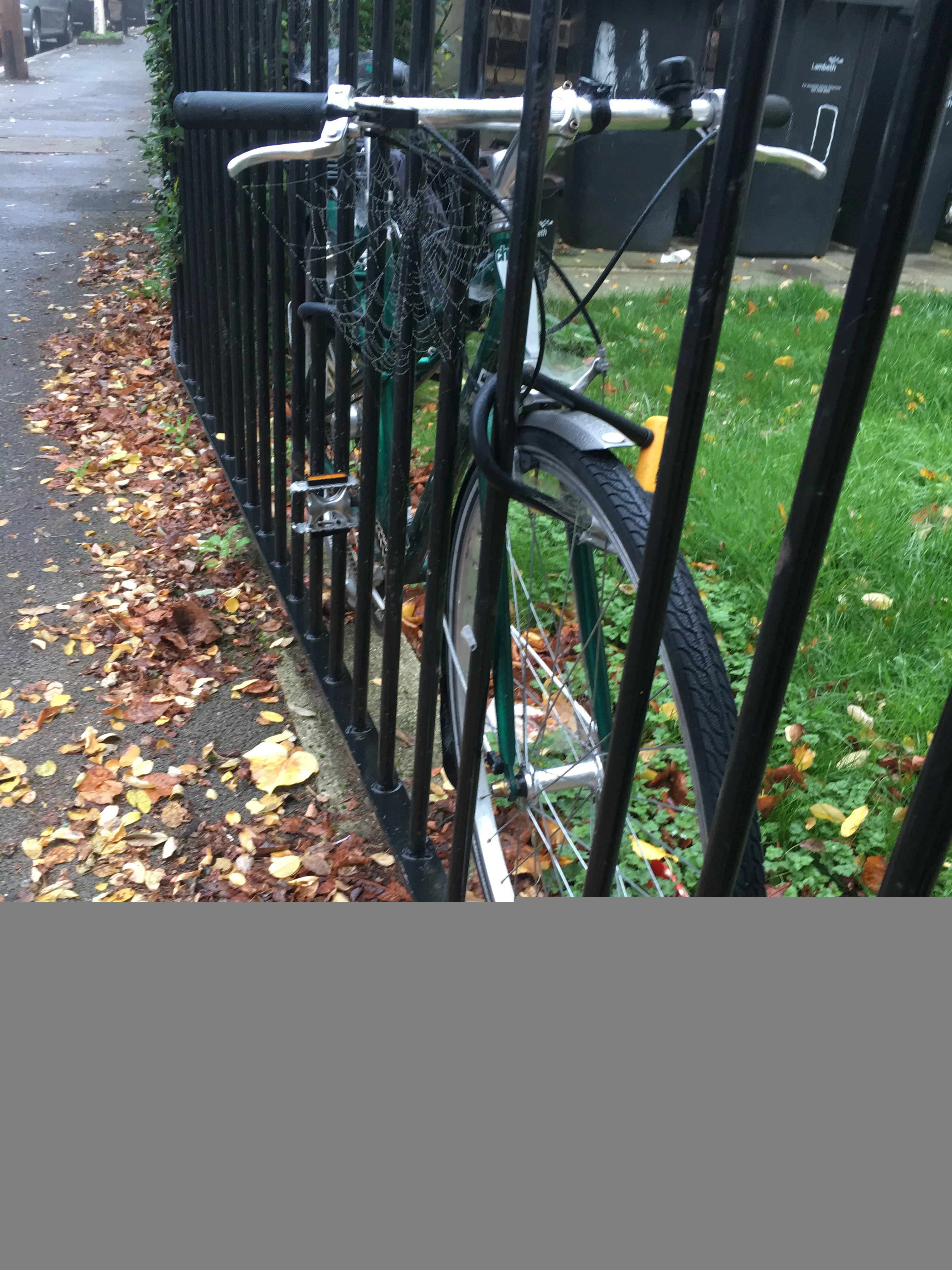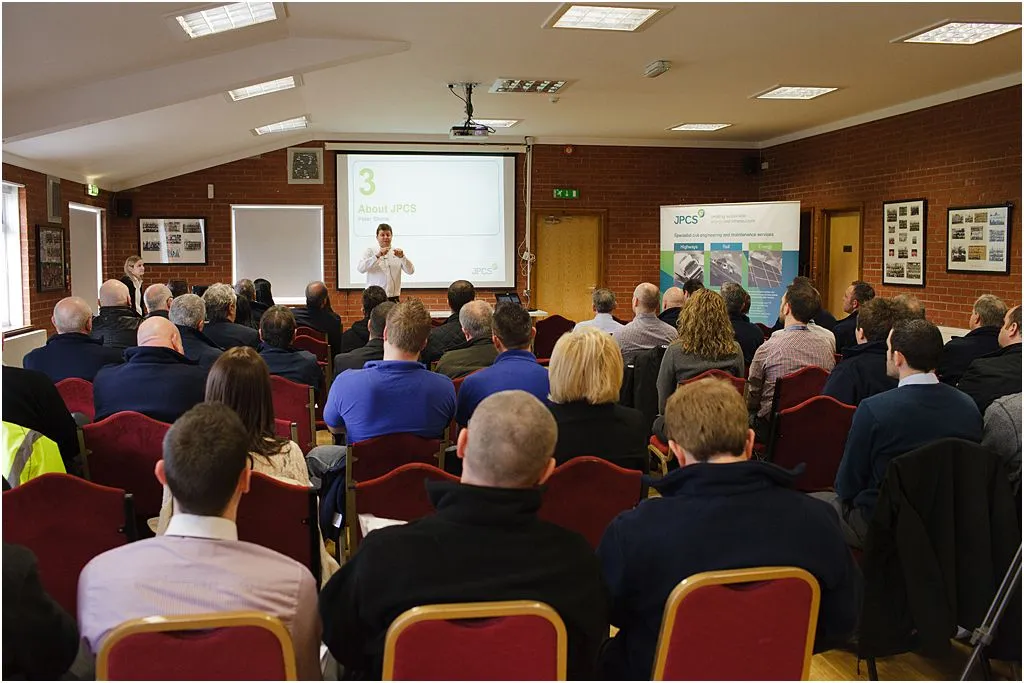The UK’s road markings are said to be vanishing rapidly, according to a new survey by a leading highways organisation.
A snapshot survey of nearly 500 miles by the Road Safety Markings Association (RMSA) revealed that well over half of white lines in Scotland and Wales are almost non-existent, and England’s fare little better.
On average, the RSMA survey found that 50.6% of the UK’s surveyed road markings are barely visible. And almost a quarter (23%) of roads are classified as needing ‘emergency repa
April 23, 2012
Read time: 2 mins
The UK’s road markings are said to be vanishing rapidly, according to a new survey by a leading highways organisation.
A snapshot survey of nearly 500 miles by the5149 Road Safety Markings Association (RMSA) revealed that well over half of white lines in Scotland and Wales are almost non-existent, and England’s fare little better.
On average, the RSMA survey found that 50.6% of the UK’s surveyed road markings are barely visible. And almost a quarter (23%) of roads are classified as needing ‘emergency repairs’. Less than 7 per cent of road markings scored the highest rating.
The latest RSMA survey is in stark contrast to another the association carried out 12 months earlier on the UK’s 10 most dangerous roads. It showed that 23% of centre lines fell into the lowest category while 31% qualified for the highest rating.
The RSMA carried out the latest spot-check across a range of motorways and major A roads managed by the2309 Highways Agency, and lesser A and B roads managed by local authorities.
RSMA national director George Lee said: “These findings are shocking. We could see a clear, direct correlation between deadly roads and deadly road markings when we examined the 10 most dangerous roads identified by the3375 Road Safety Foundation.
“Now, just a simple cross-section of roads – arguably representative of the entire network – shows a level of deterioration that defies belief.
“We recognise that the UK is currently under huge financial pressure, but road markings are widely recognised to provide the best, most simple navigation aid to drivers, and to be the most cost-effective road safety measure and it is time we gave drivers the vital clues they need to use our roads.”
The RSMA is advising the Government on extending the rating standards used by the Highways Agency to cover local authority roads. It is presenting the findings of their latest survey to the Parliamentary Advisory Council for Transport Safety next week.
A snapshot survey of nearly 500 miles by the
On average, the RSMA survey found that 50.6% of the UK’s surveyed road markings are barely visible. And almost a quarter (23%) of roads are classified as needing ‘emergency repairs’. Less than 7 per cent of road markings scored the highest rating.
The latest RSMA survey is in stark contrast to another the association carried out 12 months earlier on the UK’s 10 most dangerous roads. It showed that 23% of centre lines fell into the lowest category while 31% qualified for the highest rating.
The RSMA carried out the latest spot-check across a range of motorways and major A roads managed by the
RSMA national director George Lee said: “These findings are shocking. We could see a clear, direct correlation between deadly roads and deadly road markings when we examined the 10 most dangerous roads identified by the
“Now, just a simple cross-section of roads – arguably representative of the entire network – shows a level of deterioration that defies belief.
“We recognise that the UK is currently under huge financial pressure, but road markings are widely recognised to provide the best, most simple navigation aid to drivers, and to be the most cost-effective road safety measure and it is time we gave drivers the vital clues they need to use our roads.”
The RSMA is advising the Government on extending the rating standards used by the Highways Agency to cover local authority roads. It is presenting the findings of their latest survey to the Parliamentary Advisory Council for Transport Safety next week.







